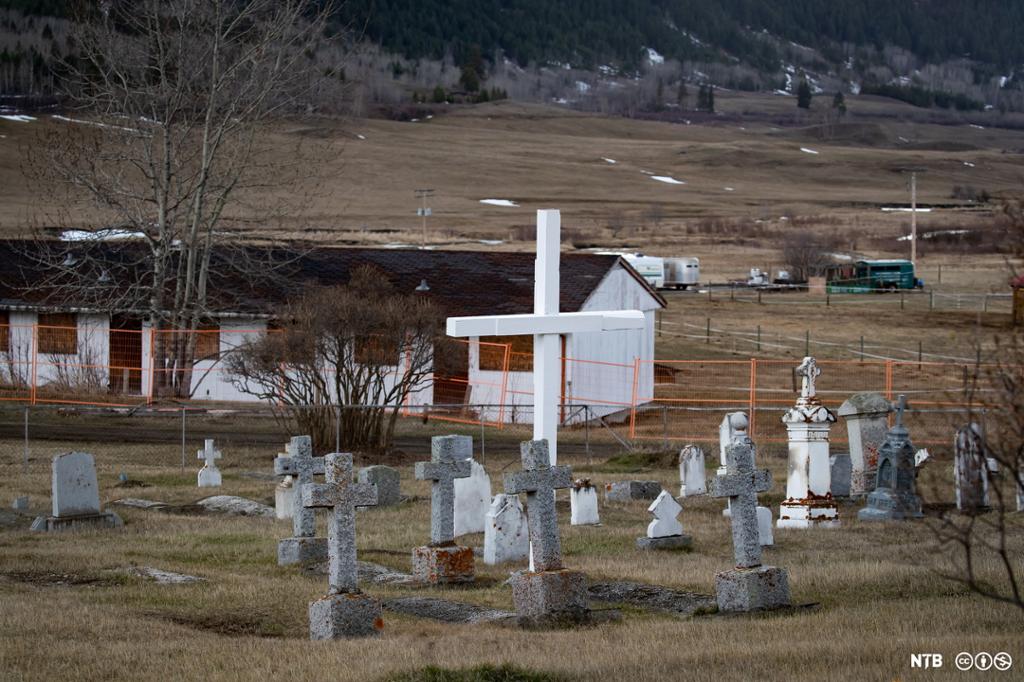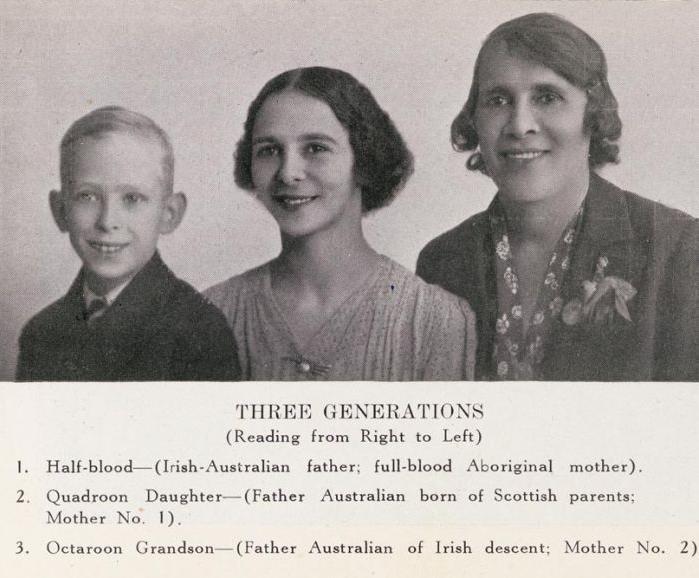Canada and Australia: Taking Children from Their Homes
From 1894 to 1947, it was mandatory that Canadian First Nations children attended special boarding schools. While the network of schools was funded by the Canadian government, it was administered by Christian churches, most of them Catholic. The last one closed in 1996. The idea was to isolate children from the influence of their own native culture and religion, and they were deprived of their ancestral languages. This was done to assimilate them into the dominant Canadian culture. Around 150 000 children were placed in the residential schools, where many of them were exposed to physical and sexual abuse. The legacy of the system has been linked to PTSD, alcoholism, substance abuse, suicide, and intergenerational trauma.
In 2006, the Indian Residential Schools Settlement Agreement was reached, after discussion between the government, former students, the churches, and Indigenous organisations. This provided a payment for all eligible former students, an independent assessment process for claims of sexual and serious physical abuse, and measures to support healing and commemorative activities. Perhaps the most important part of the agreement was implemented in 2008, when a Truth and Reconciliation Commission (TRC) was established to uncover the full truth about the schools. The TRC report concluded in 2015 that the school system amounted to cultural genocide, as the use of Indigenous languages and cultural practices were banned at the schools, sometimes using violence. It was also clear that many children had died while attending the schools, but the TRC could only document 4100. They died from mistreatment, neglect, diseases, or accidents. Many families were given only vague explanations, or none at all, when the children did not return home. In 2021, hundreds of unmarked graves were discovered on the grounds of the residential schools.

As early as 2008, Prime Minister Stephen Harper apologised on behalf of the Government of Canada. When the TRC report was released in 2015, Prime Minister Justin Trudeau repeated the apology: 'Seven years ago the Government of Canada apologized for this abhorrent system. The apology is no less true, and no less timely, today. The Government of Canada sincerely apologizes and asks forgiveness of the Aboriginal peoples of this country for failing them so profoundly'.
You can learn more about Canada's lost generations by following this link:
Link to the article 'Lost Generations' by Mary Carpenter, published on Canada's History's website: Link to article about Canada's lost generations
While the Canadian TRC report used the term 'cultural genocide', Australians have debated whether the treatment of the Stolen Generations amounted to actual genocide. Many of the children raised by their Aboriginal mothers were what was termed 'half caste', meaning that their fathers or grand fathers were European. The idea was that these children should be removed from their families and raised in Christian schools or Anglo-Australian families and become culturally white. Over generations they would be able to marry people of European descent, and the Aboriginal part would be 'bred out of them'.

Between 1905 and 1967, at least 100 000 children were taken from their families, but this was not acknowledged by the Australian government until 1992. In 1995, an inquiry was established to investigate the issue, and what the effects had been on the Aboriginal communities. It reported two years later, after having received 777 submissions from individuals and groups. They concluded that there had been gross violations of human rights, and that the violations continue to affect Indigenous people’s daily lives. The policy of removing the children was deemed “an act of genocide, aimed at wiping out Indigenous families, communities and cultures”. The report recommended an official apology be offered by the Australian Government. The prime minister at the time, John Howard, was willing to express “deep regret”, but refused to issue a formal apology. This was left to his successor, Kevin Rudd. In 2008, the Australian Parliament unanimously passed Rudd’s apology to the Indigenous people of Australia.
You can learn more about Australia's Stolen Generations by following these links: Link to resource about The Stolen Generations on NDLA
Link to the Australian Institute of Aboriginal and Torres Strain Islander Studies website (AIATSIS): Link to information about the stolen generations on AIATSIS' website
Discuss:
Many of the Canadian residential schools were run by the Catholic Church. In 2018, Pope Francis rejected a direct appeal for an apology from Prime Minister Justin Trudeau. In the aftermath of the uncovering of a mass grave of 215 children at one of the schools run by the Catholic church in 2021, the archbishop of Vancouver apologised on behalf of the church. In his statement, Miller said, 'the Church was unquestionably wrong in implementing a government colonialist policy which resulted in devastation for children, families and communities.' Discuss the need for an apology from the churches, in addition to the government. Who else, either actively or passively, participated in this educational system?
The Aboriginals in Australia and the First Nations in Canada remain at a socio-economic disadvantage in society. Life expectancy is lower, unemployment is higher, poverty rates are higher, and there is more substance abuse, including among young people today. Do these circumstances make an apology more or less important?
Research:
Work in pairs. Choose one of the tasks and make a short presentation.
While Australia, New Zealand and Canada have spoken their apologies to their Indigenous peoples out loud, the United States has merely whispered it.
In 2010 an apology was buried in a defence bill and signed by Obama, but there was no press statement or speech. This was surprising, as Obama had said on the campaign trail that an apology was warranted. In 2021, a movement called 'The Apology Now' demanded that the apology be spoken out loud.
Visit their website and their social media accounts to find out why this is so important to them.
Link to the website 'The Apology'In 2007, the United Nations’ General Assembly passed the Declaration on the Rights of Indigenous Peoples. Canada, Australia, New Zealand, and the United States were the only countries to vote against it. They have since endorsed it, but why do you think they voted against it at the time? Read the preamble to the declaration and try to recognise references to historical atrocities the four settler colonies have committed in the past.
Clicking this link opens the pdf document 'United Nations Declaration on the Rights of Indigenous Peoples'The former Australian Prime Minister John Howard expressed in this interview that he disagrees with the Stolen Generations being defined as a genocide. Genocide is a crime that has very specific criteria, set by the United Nations. Study the criteria and discuss whether you believe that the treatment of the Stolen Generations fulfils them.
Link to information about genocide on the UN's website
Guoskevaš sisdoallu
The Kenyan liberation movement was oppressed and persecuted by the British authorities.